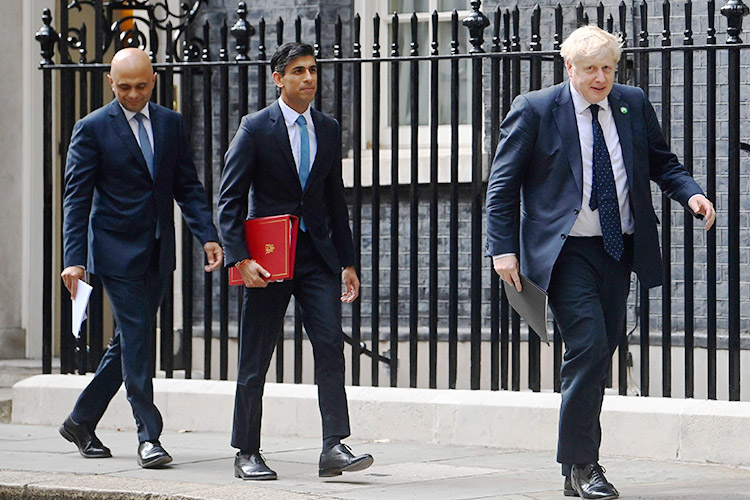Keir Starmer should go easy on Boris Johnson

John Rentoul
@JohnRentoulChief Political Commentator, The Independent; visiting professor, King's College, London.

Keir Starmer
Labour has put itself on the side of public opinion, which generally supports more authoritarian measures than parliament is prepared to impose. To take one striking example from the mass of recent opinion polling charting the decline in support for the Conservative Party and its leader, a majority of the public want to ban all international travel, according to Savanta ComRes. Labour’s support will also maximise the Tory revolt. Some Tory MPs would hesitate to vote against their government if they thought it might be defeated. Knowing that the rules will be passed with opposition support, they will happily vote for what they really believe, especially if they have already given up on the hope of a ministerial job. Needing Labour support to get his legislation through is a humiliating position for Johnson - and one reason why the prime minister might still retreat by Tuesday. Many of his backbenchers are already simmering about “socialist” tax rises, and to rely on socialist votes to pass what they think of as illiberal public health laws serves only to turn the heat up further.
Of course, supporting the government’s legislation in the public interest does not prevent Labour from attacking the prime minister personally on other matters – or even on the same matter. Starmer has made the argument that holding Christmas parties in Downing Street in defiance of coronavirus rules weakens Johnson’s authority in asking people to comply with the new rules.
But there is still the important question of how to attack the prime minister, and my argument is that exaggerated politeness is more effective than shoutiness. Angela Rayner, the deputy Labour leader, has accused Johnson of lying this week, which in my view is always a mistake. It is a mistake in principle – I think no one should ever use the l-word, which I recognise is not a popular view. But I think it is also a mistake of political tactics, in that you are more likely to persuade floating voters of your case if you tone down the language. Even if you disagree with my argument of principle, you should consider my argument of tactics.
Labour’s support will also maximise the Tory revolt. Some Tory MPs would hesitate to vote against their government if they thought it might be defeated. Knowing that the rules will be passed with opposition support, they will happily vote for what they really believe, especially if they have already given up on the hope of a ministerial job. All political leaders should reflect on the example of Angela Merkel, famed for her civility – indeed she was so polite that David Cameron thought she was on his side in the pre-Brexit negotiations – who stood down as German chancellor on Wednesday after 16 years.






